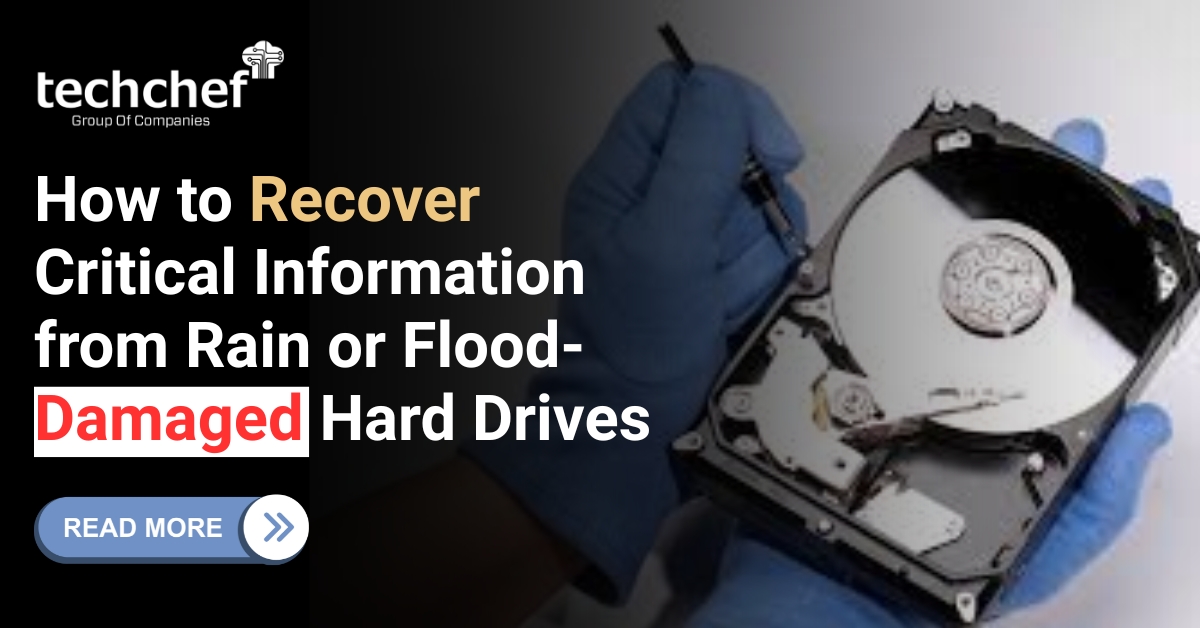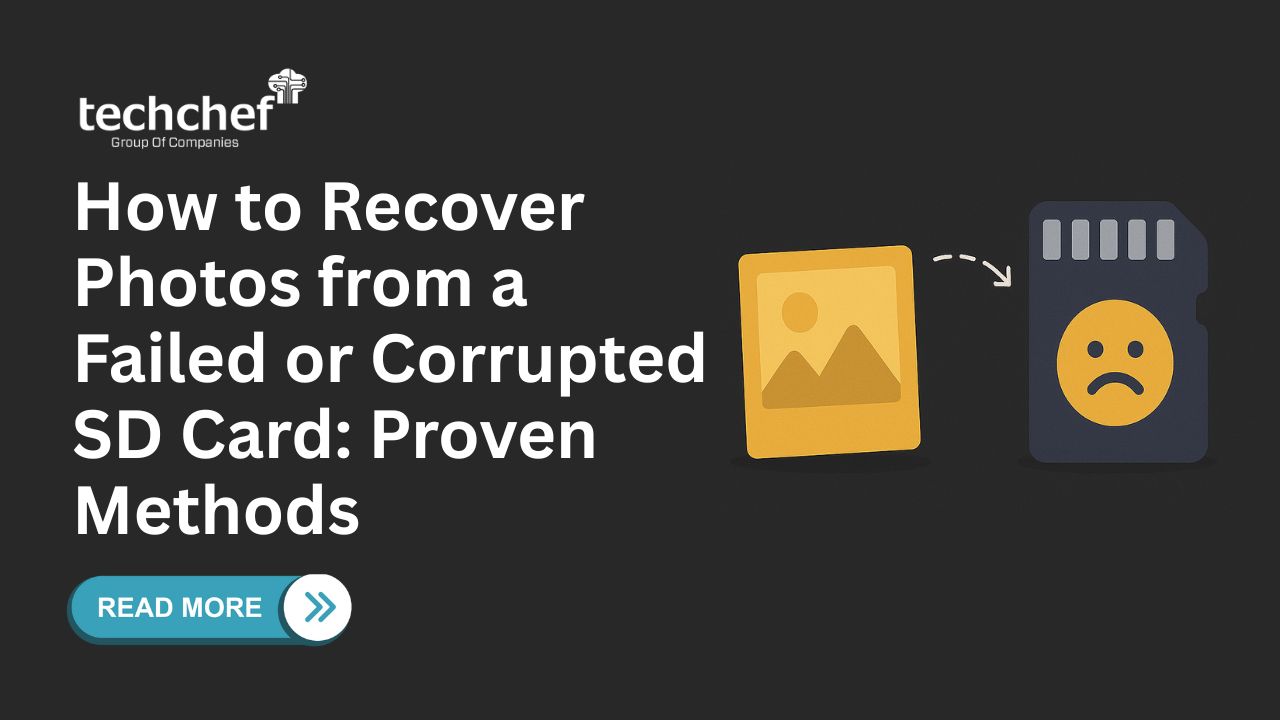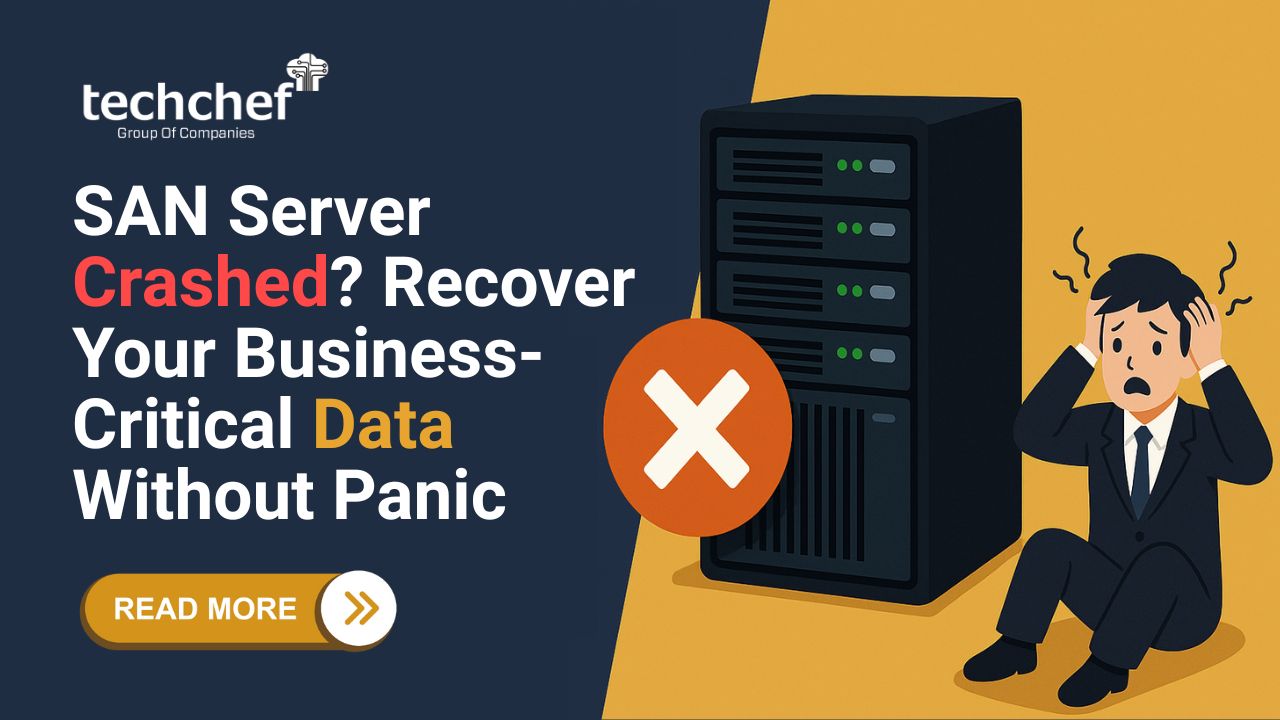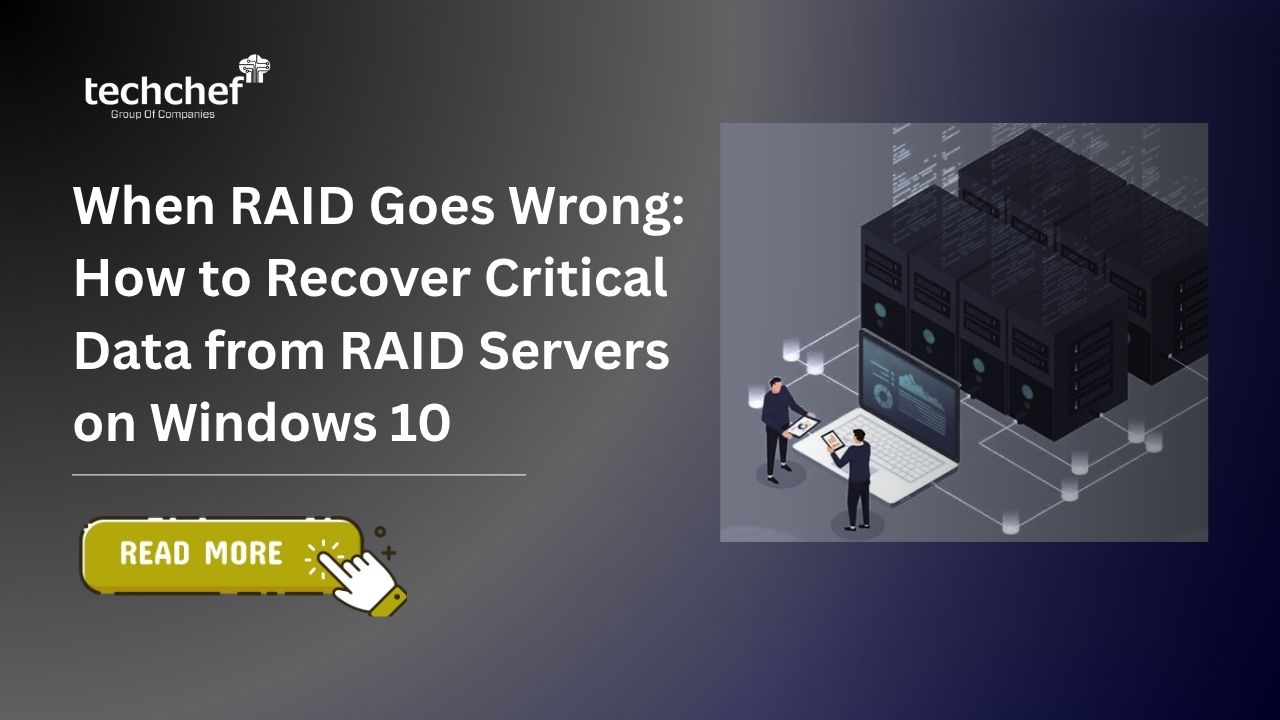RAID servers are used for three main reasons- To reap redundancy data, improve performance and combine components of multiple physical disk drive into one logical unit. The classification of RAID levels helps escape data loss in case of drive failure- When a drive fails, you can rely on the other RAID level to recover and access the data. Besides performance, it enhances the storage capacity, reliability, and data availability.
What to do if your RAID Server Fails?
Here are lists of the things you should do or avoid doing when your RAID server crashes:
In the first place do not freak out when it crashes
Do not involve disk checking software and disk order change in the array
Do not run any data recovery utility for RAID servers
Contact RAID Data Recovery – A professional data recovery service is a reliable remedy against Raid server failure because they have, specialized equipment and tasks are performed in a specialized environment; latest technology deployment; comprehensive knowledge about domains such as Hex, Offset, they have a myriad data recovery service provider. They can also be trusted and are dedicated professionals.
However, prevention is always better than fixing the injuries after the accident happened. So here are a few preventive measures against RAID server crashes:
Ensure that there is no power outage or interrupted power supply.
Do not use RAID partition reconfiguration.
Avoid faulty installations.
Avoid mishandling, such as formatting or deleting drive partitions/data.
Ensure that you have powerful and reliable anti-virus software installed.
Do not use defragmented utility before knowing the conditions and health of the drive.
Also, ensure that you do not follow the RAID process of rebuilding when multiple drives fail in a go.
Besides these, there are situations where you will need to perform a strategic step based on the type of failure.
When one disk failed and RAID server is in degraded mode – You should attempt to rebuild the degraded volume.
RAID disk volume loss- In this situation, the best recommendation is to take the help of a data server recovery professional’s help.
RAID server failure is unpredictable and sometimes inevitable. Get the help of a professional and prevent it from happening.
When only one disk fails- In this situation, you can recover data fully without sharing the RAID server. Copy data immediately without rebuilding the data.
Natural disasters are something that is unstoppable. Therefore, keep your RAID servers away from natural calamities or disasters such as fire, flood, etc.
Get free consultation RAID Data Recovery only at Techchef: Call 1800-313-1737 (Toll-Free)
What to do if your RAID Server Fails?
Here are lists of the things you should do or avoid doing when your RAID server crashes:
In the first place do not freak out when it crashes
Do not involve disk checking software and disk order change in the array
Do not run any data recovery utility for RAID servers
Contact RAID Data Recovery – A professional data recovery service is a reliable remedy against Raid server failure because they have, specialized equipment and tasks are performed in a specialized environment; latest technology deployment; comprehensive knowledge about domains such as Hex, Offset, they have a myriad data recovery service provider. They can also be trusted and are dedicated professionals.
However, prevention is always better than fixing the injuries after the accident happened. So here are a few preventive measures against RAID server crashes:
Ensure that there is no power outage or interrupted power supply.
Do not use RAID partition reconfiguration.
Avoid faulty installations.
Avoid mishandling, such as formatting or deleting drive partitions/data.
Ensure that you have powerful and reliable anti-virus software installed.
Natural disasters are something that is unstoppable. Therefore, keep your RAID servers away from natural calamities or disasters such as fire, flood, etc.
Do not use defragmented utility before knowing the conditions and health of the drive.
Also, ensure that you do not follow the RAID process of rebuilding when multiple drives fail in a go.
Besides these, there are situations where you will need to perform a strategic step based on the type of failure.
1.When only one disk fails- In this situation, you can recover data fully without sharing the RAID server. Copy data immediately without rebuilding the data.
2.When one disk failed and RAID server is in degraded mode – You should attempt to rebuild the degraded volume.
3.RAID disk volume loss- In this situation, the best recommendation is to take the help of a data server recovery professional’s help.
RAID server failure is unpredictable and sometimes inevitable. Get the help of a
professional and prevent it from happening.
Get free consultation RAID Data Recovery only at Techchef: Call 1800-313-1737 (Toll-Free)










